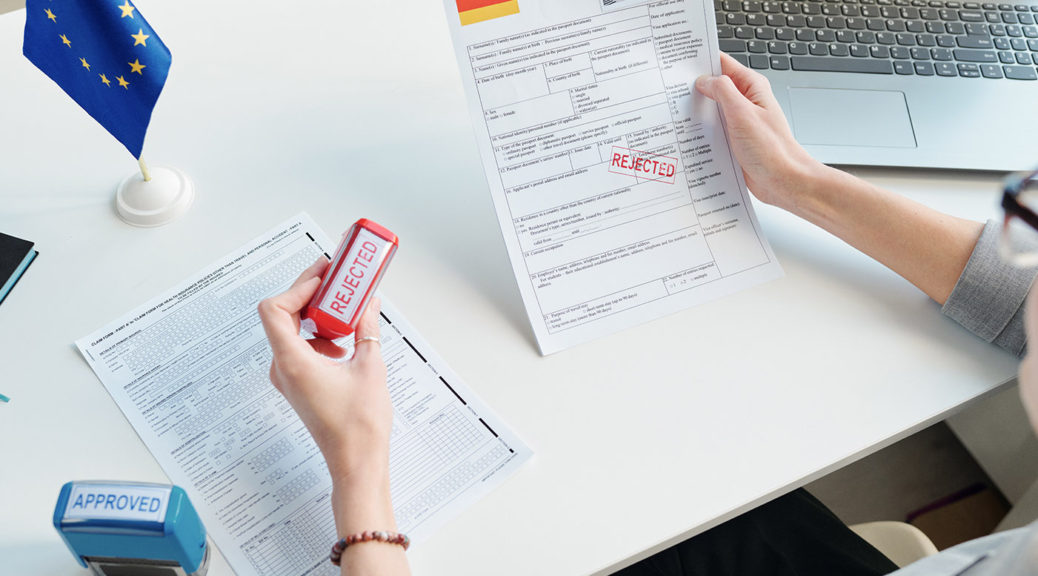
How Can NRIs Get Married Overseas, Especially in the UAE?
NRIs (Non-Resident Indians) can solemnise marriage in a foreign country. However, there are many barriers, especially legal roadblocks. But, there is always a way. So here in this blog, we will see how this can happen.
Certainly, you have to fulfill legal requirements. There is a certain procedure in every particular country that you need to follow for marriage. The process may vary from country to country. But in general, the following steps are involved:
Apply for a Single Status Certificate
It’s like a marriage licence, which states that you’re single and solemnise a marriage. Here, a thing might be conflicting, which is related to singleness. Being single does not mean that you’re a bachelor. You can be married and then, got separated or widowed, or even got a divorce. In these all conditions, you will be considered single. To prove it all, you need to present a document called a single status certificate, which is also known as a single status affidavit/ bachelorhood certificate/ certificate of no impediment, etc. Depending on the country, NRIs may need to obtain it from the relevant authority. Here, single status apostille is important if you want your application be accepted. Your country’s embassy legalizes it. This may require providing proof of identity, residency status, and other documentation.
- In particular, these documents may vary, which completely depends on the jurisdiction where the certificate is being issued from. However, some common documents that may be required are given below:
- Proof of identity: A valid passport or government-issued identification card, which includes a photograph, name, and date of birth.
- Proof of single status of parents: This may vary by jurisdiction, but typically includes an affidavit (a sworn statement) or declaration by parents or relatives, stating that the applicant is single and has never been married/ got divorced, or widowed.
- Birth certificate: A certified copy of the applicant’s birth certificate, which may be required to verify the applicant’s identity and age.
- Police clearance certificate: This is not mandatory in all cases. Some jurisdictions may require a police clearance certificate to ensure that the applicant does not have a criminal record.
Once the documentation part is done, you can move to its registration.
2. Find a Marriage Official
Non-residents can find a marriage office in a foreign country, which is authorised to conduct a marriage ceremony. This may include religious officials, judges, or other authorised individuals.
3. Schedule the Wedding Ceremony
Once the single status proof is obtained, and it is known where to apply for the marriage, NRIs can schedule the wedding ceremony at a convenient time and location. Typically, this time period can be one to three months long. Here, the would-be spouse should hurry for the application of single status proof because it’s time-consuming and may get delayed if the documents are not valid. So, apply for it at least 6 months before and then, schedule the ceremony.
4. Complete the Legal Requirements
The applicant should ensure that they comply with all the legal requirements of the foreign country. This may include registering the marriage with the relevant authorities, obtaining a marriage certificate, and complying with any other legal obligations.
5. Notify authorities
NRIs should notify the authorities like SDM in their home country about the marriage, as this may have implications for immigration and other legal matters.
Taking a piece of legal advice and assistance from a qualified attorney or immigration consultant in a foreign country can help you comply with all the legal requirements and procedures for getting married. It is simply because the rules or laws are updated over time. So, taking a piece of advice from an expert consultant can help.
Non-Residents of UAE-Marriage Law Updated
There is a case of such an update, which is associated with the UAE’s marriage law. It has been significantly changed. Now, non-Muslim couples can now tie the knot through a civil ceremony. If they are Dubai residents, they can have a marriage license within 24 to 48 hours.
Previously, non-Muslim couples could only wed through a religious ceremony. Or, their embassy/consulate would be a place to exchange wows. With the introduction of the new law, non-residents or non Muslims communities can arrange marriage through a civil contract, without a religious ceremony.
How Can Non-Muslims Get Married in the UAE?
- To qualify for this new law, both spouses must be non-Muslim.
- They must be over 21 years old, and have a Dubai residency permit.
- They must provide proof of their single status through an attested marital status certificate from their country’s embassy.
- The required electronic documents should be translated to Arabic by a UAE Ministry of Justice-approved entity and attested by the Ministry of Foreign Affairs and International Cooperation in the UAE.
- For document verification, original IDs, such as the passport and Emirates ID, are also required.
Once all the documents are ready, the spouses can submit their application at one of the Dubai Courts Customer Service Centers. There, a service fee needs to be paid out. The notary public or judge will verify and approve the application. Once verified, he will issue a digital certificate, which may take 24 to 48 hours. The couple can sign the marriage contract at the court once they receive the approval to complete the process.

 this is link
this is link